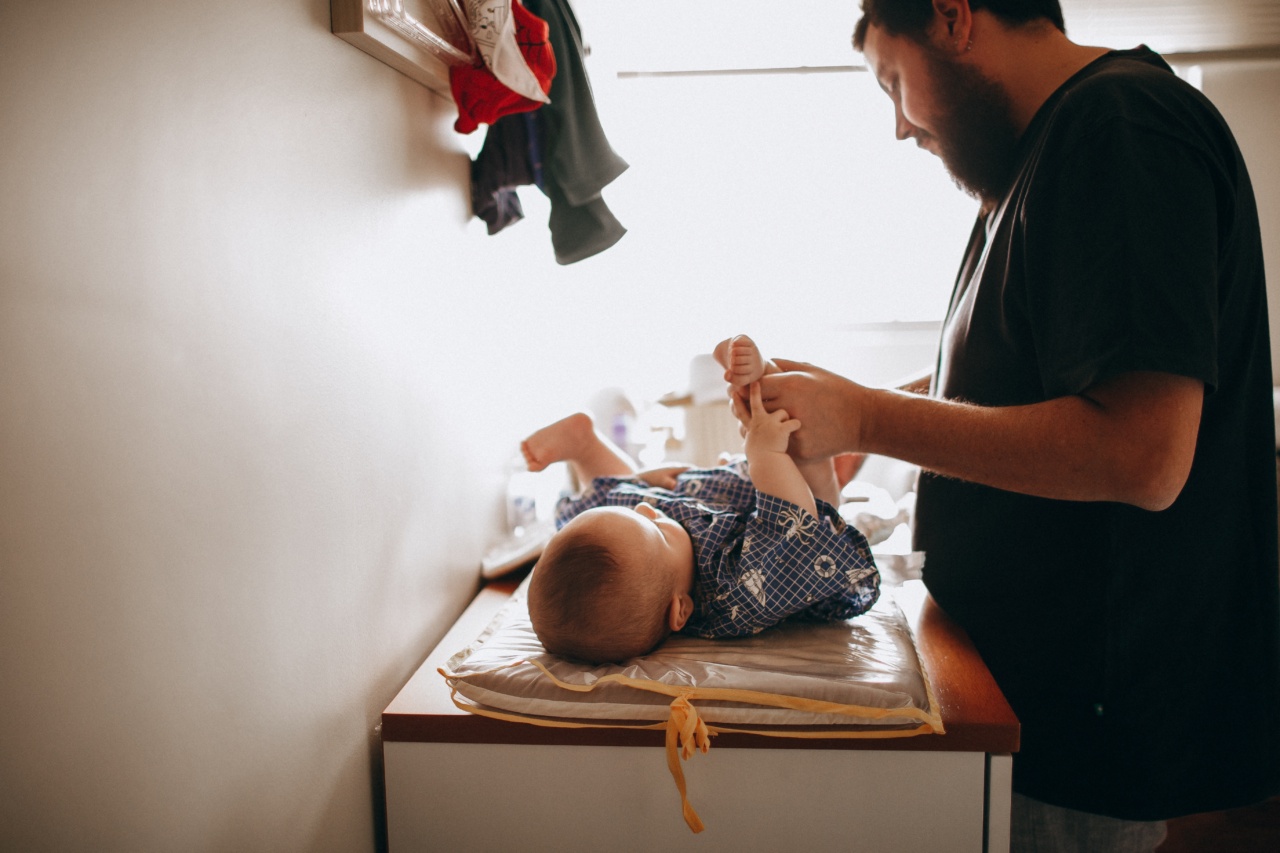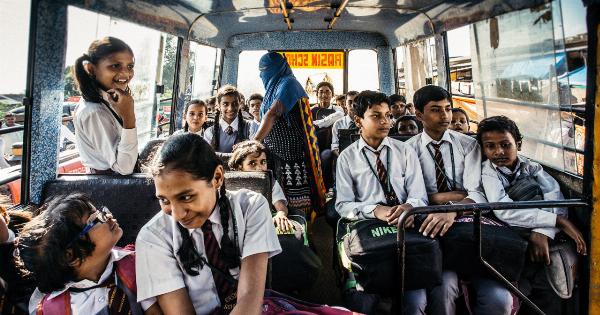Living in a city brings numerous benefits and opportunities, but it also significantly impacts our love lives and the way we approach romantic relationships.
The fast-paced, bustling environment of urban living has both positive and negative effects on our love and dating experiences. In this article, we will explore some of the ways city life influences our love lives and shapes our perceptions of romance.
1. The Influence of Technology on Dating
In today’s digital age, where technology is deeply integrated into every aspect of our lives, city dwellers rely heavily on dating apps and online platforms to meet potential partners.
The convenience of mobile dating applications and websites offers a plethora of options for urban singles, enabling them to browse through profiles, match with like-minded individuals, and arrange dates with ease.
While these apps increase accessibility to potential partners, they also contribute to a culture of instant gratification and disposable relationships.
The abundance of choices can lead to an endless cycle of short-lived encounters and a decreased willingness to invest time and effort into building meaningful connections.
2. Increased Opportunities for Socializing
City life provides numerous opportunities for socializing, from trendy bars and restaurants to networking events and community gatherings. The vibrant social scene in cities fosters interactions and allows individuals to meet new people more frequently.
With diverse populations and a variety of interests, cities offer an abundance of social opportunities that can enhance one’s love life.
However, the vast range of options can also lead to a phenomenon known as “the paradox of choice.” When faced with an overwhelming number of choices for potential partners, individuals may struggle with commitment and constantly wonder if there might be someone better suited for them just around the corner. This paradox can make it challenging to establish long-lasting romantic connections.
3. Higher Expectations and Idealization
Living in a city often exposes us to an array of successful individuals, appealing lifestyles, and idealized versions of romantic relationships portrayed in movies, TV shows, and social media.
These influences can lead to higher expectations when it comes to our own love lives. We may find ourselves constantly searching for the perfect partner or the perfect relationship, which can contribute to feelings of dissatisfaction and disillusionment.
The pressure to conform to certain relationship ideals prevalent in urban environments can also lead to shallow connections and a lack of genuine emotional intimacy.
With the focus often placed on external appearances, material possessions, and societal status, the deeper emotional connection necessary for a fulfilling love life may be overshadowed.
4. Challenges of Balancing Career and Relationships
City life often brings with it demanding work schedules, longer commutes, and intense professional competition. Balancing a successful career and a fulfilling love life can be a significant challenge in urban environments.
The constant hustle and bustle can make it difficult to find time for dating, building relationships, and maintaining a healthy work-life balance.
Moreover, the pressure to achieve professional success can sometimes overshadow personal relationships, leading to neglect and strained partnerships.
The fast-paced nature of city life often prioritizes career advancement over romantic commitment, making it imperative for individuals to consciously navigate these challenges.
5. Overstimulation and Emotional Disconnect
City life is characterized by its constant stimulation and sensory overload. The bustling streets, crowded public transportation, and ceaseless noise can contribute to feelings of stress and sensory exhaustion.
The constant exposure to external stimuli can make it challenging to focus on building deep emotional connections and fostering intimacy in relationships.
Additionally, the fast-paced nature of urban living may lead to emotional disconnect and an emphasis on individualistic pursuits.
In a city where personal success and achievement take center stage, the time and effort required to nurture emotional intimacy can sometimes be overlooked.
6. Opportunities for Diversity and Learning
One of the greatest advantages of city life is the exposure to diverse cultures, backgrounds, and perspectives. Urban environments attract individuals from various walks of life, creating an enriching tapestry of cultural fusion.
This diversity is not only beneficial for personal growth but also for expanding our perspectives on love and relationships.
The multicultural urban setting provides opportunities to learn from different romantic customs, relationship dynamics, and approaches to love.
This exposure broadens our understanding of what a fulfilling love life can look like and encourages us to challenge conventional norms and expectations.
7. Redefining Traditional Gender Roles
City life often challenges traditional gender roles and societal expectations. The dynamic nature of urban environments creates an environment where individuals can redefine their roles within relationships.
City dwellers are more likely to embrace egalitarian values and view relationships as partnerships based on mutual respect and shared responsibilities.
This shift in perspective allows for a more equal distribution of household chores, financial responsibilities, and decision-making.
The adaptability of urban lifestyles allows couples to create relationship dynamics that align with their personal values, contributing to more harmonious and balanced romantic connections.
8. Coping with Stress and Mental Health
The fast-paced, high-pressure nature of city life can take a toll on one’s mental health and overall well-being. The constant stressors and the need to always be “on” can lead to increased anxiety, burnout, and emotional exhaustion.
These challenges can indirectly impact our love lives, as we may struggle to prioritize self-care, emotional support, and nurturing our relationships.
However, city dwellers are also more likely to have access to a wide range of mental health resources, support networks, and therapeutic services.
The presence of these resources can aid in navigating the stressors of urban living and support the emotional well-being necessary for maintaining healthy, thriving relationships.
9. Reinventing Traditional Relationship Scripts
City life encourages individuals to challenge traditional relationship scripts and explore alternative relationship models.
Urban environments are often at the forefront of progressive and inclusive movements, providing spaces for individuals to embrace their unique relationship preferences.
Non-traditional relationship structures such as polyamory, open relationships, or ethical non-monogamy may be more visible and accepted in cities, allowing individuals to explore and express their desires more freely.
This openness to diverse relationship styles and preferences encourages individuals to prioritize personal happiness and fulfillment over societal expectations.
10. Embracing New Opportunities for Love
Ultimately, city life offers countless opportunities for personal growth, self-discovery, and love. It allows individuals to connect with like-minded people, explore diverse interests, and embark on exciting romantic adventures.
The vibrant, ever-evolving urban landscape serves as a backdrop for countless love stories waiting to unfold.
While city life may present challenges to our love lives, such as the paradox of choice and the overemphasis on materialistic values, it also offers ample room for self-expression, personal development, and the possibility of finding genuine connections.
In conclusion, city life undeniably impacts our love lives in profound ways, shaping our dating experiences, expectations, and relationship dynamics.
By being aware of these influences, city dwellers can navigate the urban landscape with intention, making conscious choices that prioritize emotional intimacy, authenticity, and genuine connections.
























